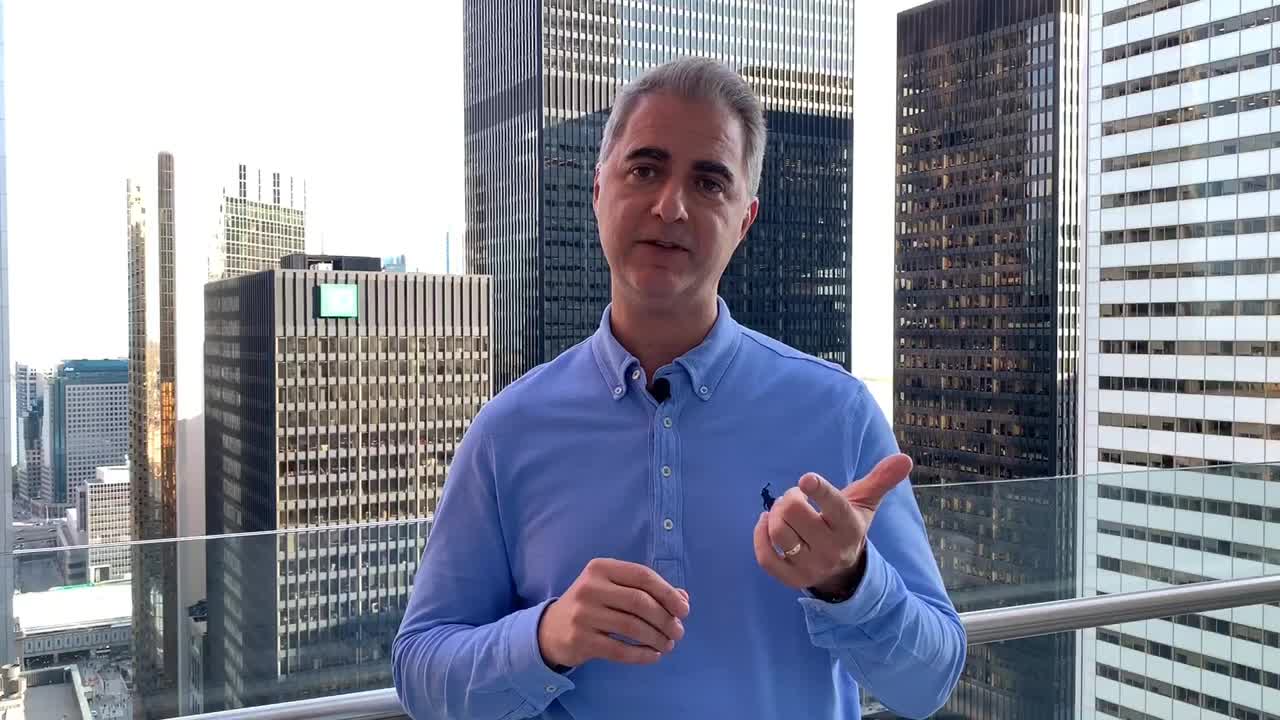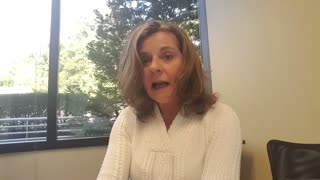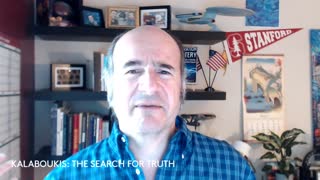Premium Only Content

Why do you need a leadership philosophy? I The Defender
So the first is do you err more on the side of driving profit versus purpose and values or are you somewhere in the middle? Personally, I led one of the most profitable organizations, but at the same time we had a great set of values and we had a common set of objectives or purpose. The second is to really focus and identify whether you are more about establishing hierarchies versus a network of teams. And again for me, I fell somewhere in between, where we had a set established leadership structure but at the same time we highly valued a high performance team environment.
Are you more of a directive or supportive leader, or are you directive versus supportive? I've actually found that I fall somewhere in the middle, where I am actually a participative leader. Participative leader means that you actually appreciate and enjoy a whole set of different inputs, perspectives and objectives from the team around you, but ultimately you're not about consensus driving. You actually like to be able to make decisions based on fact, based on input and your firm and your resolve and your direction.
Are you focused in on having that strength and that risk aversion where you plan and you predict, versus experimenting and adapting? Personally, what I found as well, was that I was able to establish an environment that was highly data-driven, but we also allowed for ourselves to be able to be really creative and to drive innovation and change into the organization because you know what? We actually had a really good idea as to what we're facing because of the data, because of the data-centric perspective that we had.
Are you more about rules and control for protecting the company, for ensuring that you are abiding by all of the rules and have sort of set practices and standards, or are you more open to establishing trust and using that trust for guidance and really placing that emphasis and importance on the employees and your team around you so they'll do the right thing? Personally, I've found that I've erred more on that trust side. I really do believe it's important to be able to provide that guidance into the organization, but believe the employees in your team are going to do the best that they can do because they know what they're trying to accomplish.
Are you more about centralized decision making or distributed decision making? A lot of companies find this when they're trying to revolve around headquarters versus maybe some of their satellite organizations, and a lot of companies kind of get caught up in this, wanting to be able to drive from central control. Again, quite frankly from my perspective, what I've found really works is a combination of some central guidance from an overarching perspective on what the corporate objectives are of course, but then really allowing your satellite offices and your regional offices to be able to make decisions independently and with a sense of empowerment.
Are you more about the inner circle or the dome of silence, or are you more about providing context and direction into your organization? And personally, again, as many of you know, I'm really about providing context, guidance and direction so that the team knows what they're trying to accomplish.
Once you've identified these various characteristics and you have a good sense of what your values are and where you stand from a leadership perspective, now you can start to encapsulate those in some keywords and key direction. I'll tell you what, one of the most important things I've done as well in establishing my leadership philosophy, is to identify that I am a supportive leader and that I am a participative leader, with the recognition that there are both quantitative and qualitative objectives, which I've actually talked about in the past about objective setting.
Now is the time to be able to establish 3 to 4 keywords that actually identify your leadership philosophy. From my perspective, I established three keywords to identify my leadership philosophy. The 1st was to create, the 2nd was to contribute and the 3rd was to collaborate. I utilize these keywords to be able to identify what I stood for from a philosophical perspective, and I actually injected those words and those terms throughout my communication back into my team in the organization, whether it was through town halls, fireside chats, direct communication back into the organization. I wrapped those key philosophical elements back into what I was communicating and what I wanted to try and accomplish as a company.
At the end of the day, what the team knew was that they had a participative leader leading the organization, who was focused on quantitative and qualitative objectives, but while wrapping in key values and key principles to help underpin that leadership philosophy.
For educators, HR, Training & Development, this video will help guide your prospective leaders in leadership skills, leadership qualities, leadership styles, leadership vs management.
-
 5:10
5:10
TheDefender2021
4 years agoPractice This Leadership Superpower I The Defender
24 -
 0:54
0:54
TheDefender2021
4 years agoWhat does GREAT leadership mean to you?
45 -
 2:46
2:46
Leadership Moments with Pastor Devin
4 years ago $0.03 earnedLeadership Moment 1
6501 -
 3:16
3:16
Partner4Success Executive Development
4 years agoLeadership PowerMinute: How Transparent Are You?
40 -
 2:03
2:03
That''a my Bizoness
4 years ago $0.94 earnedNo Editt philosophy
717 -
 5:29
5:29
kalaboukis
4 years ago41 THE TRUTH: We Need Philosophy More Than Ever
9 -
 20:01
20:01
Roy Edwards Leadership
4 years agoLeadership Model
53 -
 6:33
6:33
DonnaMerrillTribe
4 years agoWhy You Need A Blog
39 -
 LIVE
LIVE
Fragniac
2 hours ago🟢MAKE GAMING GREAT AGAIN‼
93 watching -
 LIVE
LIVE
Joker Effect
2 hours agoCliques! Cliques Cliques! Are they toxic? Rumble Ambassadors and Network Axis Group chime in!
281 watching